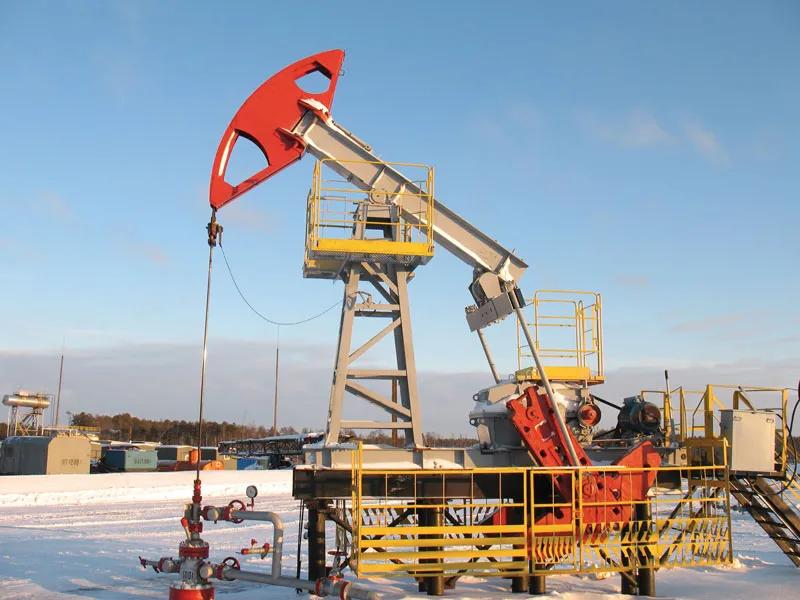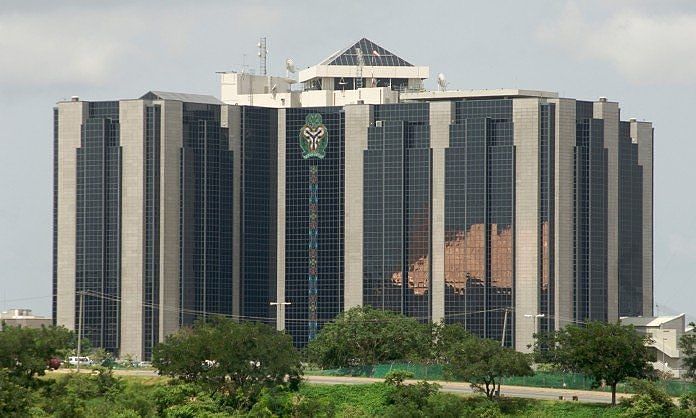Nwali Chidozie
Lagos, Nigeria – Global oil prices are showing a slight uptick on Thursday, July 31,continuing a modest upward trend observed throughout July. As of early morning, WTI crude oil is trading around $70.32 per barrel, up slightly by 0.46%, while Brent crude oil stands at approximately $73.47 per barrel, showing a 0.31% increase.
This minor rally comes as the market navigates a complex interplay of supply, demand, and geopolitical factors. July has typically been a period of increased demand due to summer travel in the US and Europe, contributing to the “choppy and slow grind higher” witnessed in crude prices.
Looking ahead, several factors are shaping the 2025 oil market. OPEC+ decisions on production quotas remain a critical influence, with their actions directly impacting global supply.
However, the increasing output from non-OPEC+ countries like the US, Canada, Brazil, and Guyana is a significant counter-force, potentially leading to a global surplus if not managed by deeper OPEC+ cuts. These non-OPEC+ nations now account for roughly 60% of the world’s oil supply.
Geopolitical tensions, particularly in the Middle East and the ongoing conflict in Ukraine, continue to bake in risk premiums and disrupt supply chains, providing underlying support to prices. The pace of global economic growth is also a key determinant, as stronger economies generally translate to higher oil demand.

Other influential factors include currency fluctuations (as oil is priced in US dollars), interest rate policies which can affect the cost of holding inventories and consumer spending, and the strategic decisions of nations regarding their petroleum reserves. While the long-term impact of alternative energy adoption is a growing consideration, its short-term effect on 2025 oil prices is expected to be relatively contained. In essence, while July has seen some positive movement, the broader outlook for 2025 suggests that oil prices will likely remain subject to volatility, balancing the efforts of producers, the realities of growing non-OPEC+ supply, and an unpredictable geopolitical landscape.












